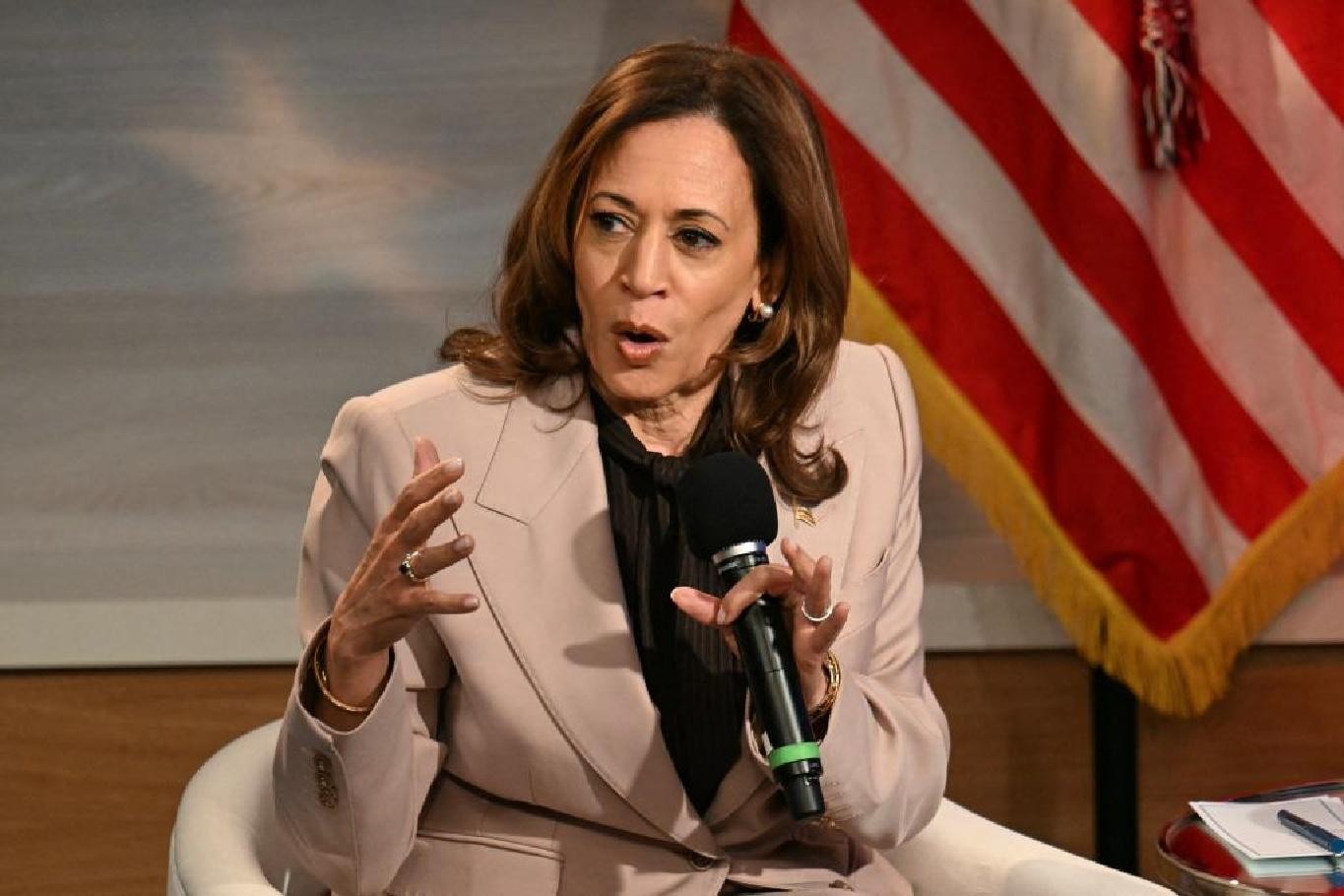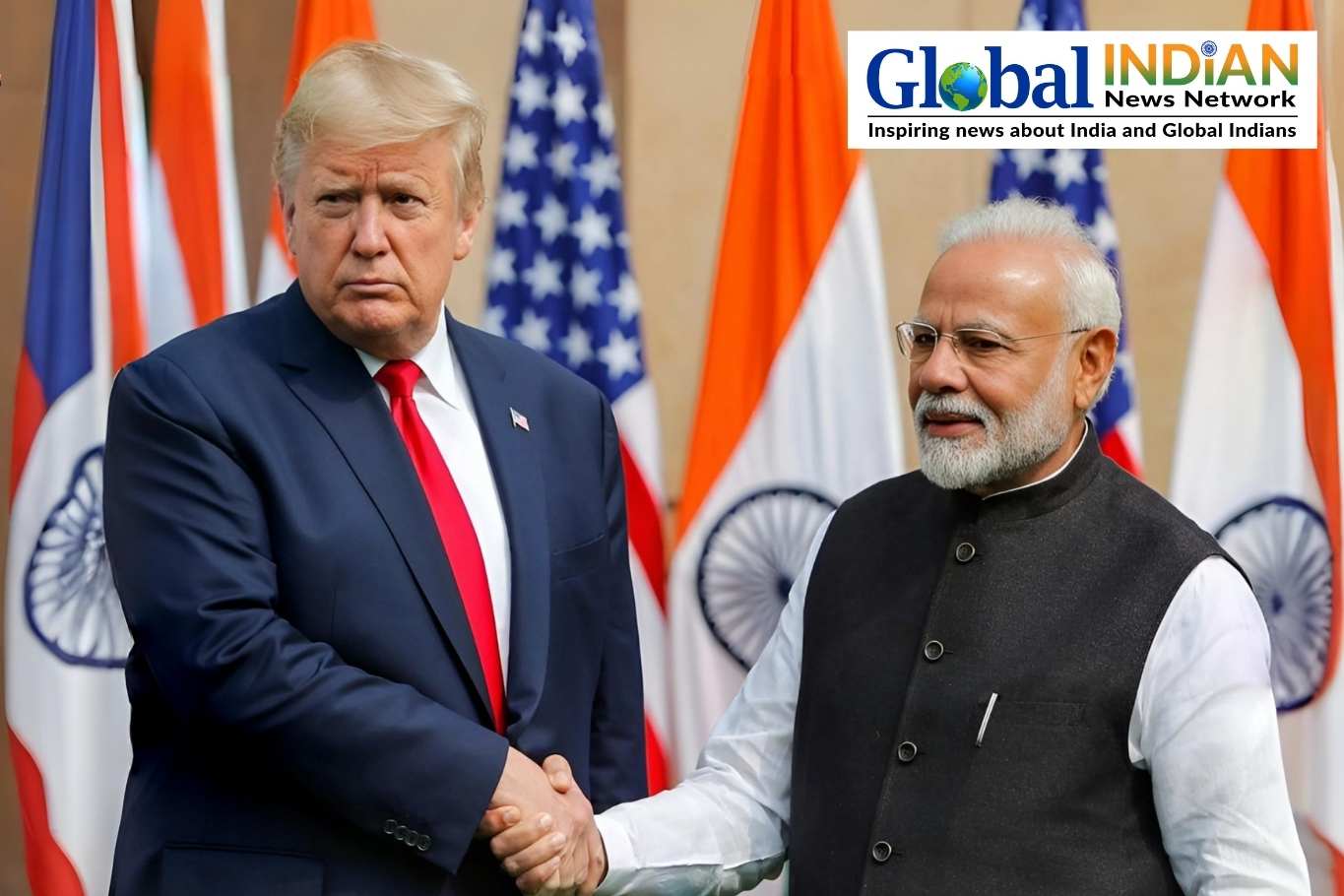
When the unpopular President Joe Biden, who had not seen a 50% approval rating since 2021, was removed from the Democratic presidential ticket, many assumed that Vice President Kamala Harris, a candidate with Indian heritage, would easily secure the Indian American vote. Harris, the daughter of an Indian mother from Tamil Nadu, became the first Indian American to run for U.S. president. However, despite endorsements from prominent Indian American figures like author Salman Rushdie and tech entrepreneur Vinod Khosla, Harris has struggled to rally support from the community.
This difficulty is compounded by Harris’s past unsuccessful attempts to secure a primary win in her bids for the presidency. Over the years, Indian Americans have largely supported Democratic candidates, but a new grassroots movement, “Hindus for America First,” aims to shift this support to the Republican Party. Utsav Sanduja, the group’s chairman, revealed that their endorsement of Donald Trump has gained traction in key battleground states such as Pennsylvania, Georgia, and Michigan, among others. As Indian American voters—numbering over 2 million—become disillusioned with the Democratic Party, a growing percentage are considering casting their vote for Trump in the 2024 election.
The shift comes in light of various issues, such as dissatisfaction with Democratic policies on the economy, education, and crime. Indian Americans, traditionally entrepreneurial and focused on economic stability, resonate with Trump’s pro-business stance, which includes tax incentives and reduced red tape. Additionally, many in the community feel disconnected from progressive Democratic policies on topics like affirmative action and race-based education reform, which have negatively impacted Asian American students.
The Biden-Harris administration’s handling of inflation and job creation has also drawn criticism, leading some Indian Americans to seek alternative leadership. Concerns about rising crime rates, particularly affecting Indian-owned businesses and places of worship, have further alienated Indian American voters from the Democratic Party. Moreover, Trump’s proposed merit-based immigration reforms, which could benefit skilled Indian professionals, add to his appeal.
Cultural tensions have also played a role. The anti-Hindu sentiment perceived in Democratic policies, such as the introduction of caste-related bills, has alarmed Indian Americans. Pro-Khalistani groups have vandalized Hindu temples and consulates, with little response from the Biden administration. Additionally, Harris’s niece, Meena Harris, sparked outrage in 2020 when she shared a controversial image of Kamala Harris as a Hindu goddess slaying Donald Trump. This, along with Harris’s critical stance on India’s policies regarding Kashmir, has further strained her relationship with the Indian American community.
While some Democrats, like Tulsi Gabbard, have endorsed Trump, the question remains whether Harris’s nomination will reverse the Indian American shift toward the GOP.









